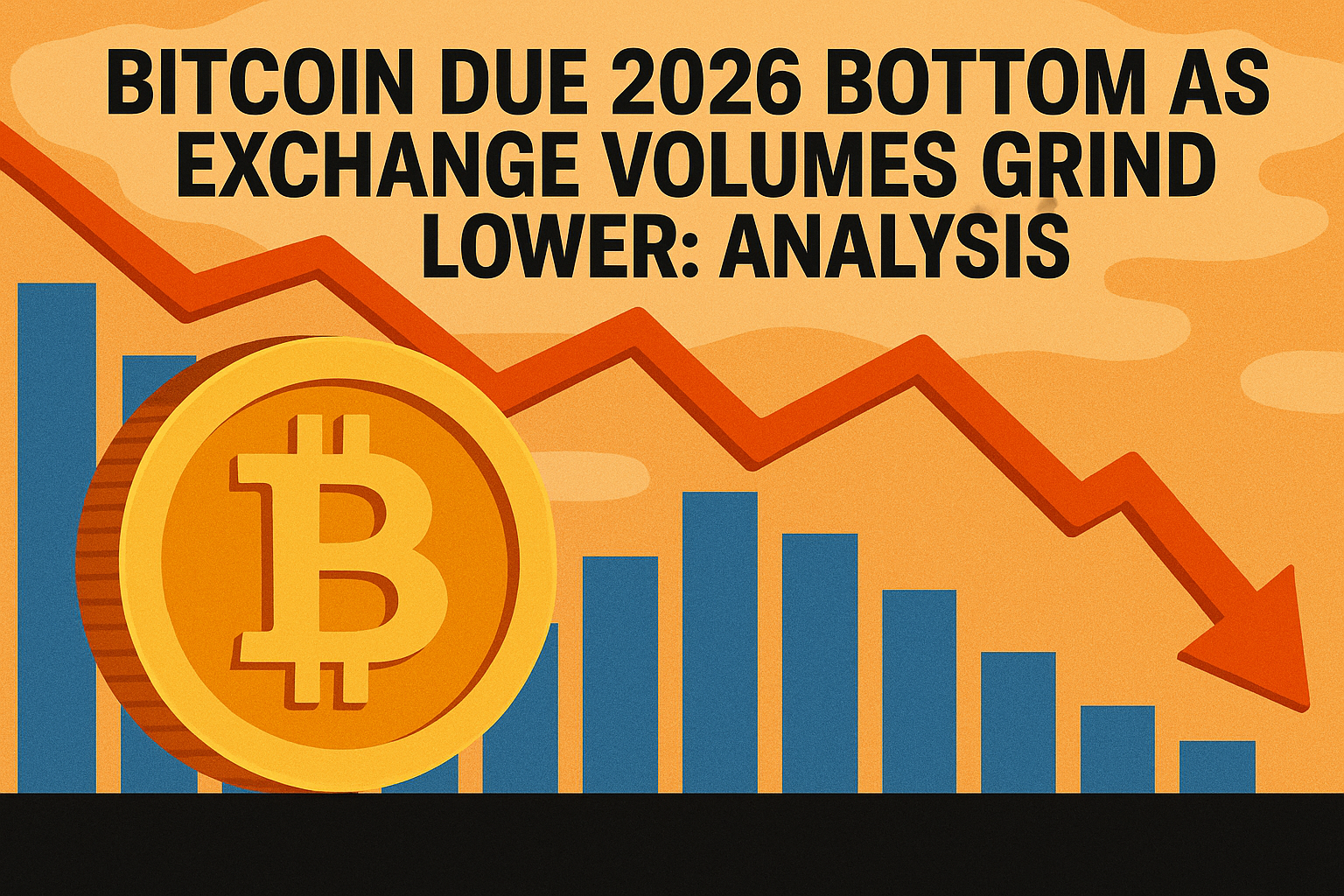Table of Contents
Blockchain technology has taken the world by storm, transforming industries and revolutionizing the way we transact and interact with digital assets. While Bitcoin and Ethereum have been leading the blockchain space for years, there are other promising projects on the horizon that aim to address the limitations of current platforms. Two such projects that have been gaining significant attention are Cardano and Polkadot.
In this article, we will delve into the Cardano vs. Polkadot debate and explore the race for the next-generation blockchain.
Exploring the Potential
Both Cardano and Polkadot are third-generation blockchain platforms that strive to overcome the scalability and interoperability challenges faced by previous generations. They offer unique features and approaches that aim to bring real-world applications to the blockchain ecosystem. Let's take a closer look at each project and its key characteristics.
Cardano: Empowering the World
Cardano, often referred to as the "Ethereum killer," is a decentralized platform built on a proof-of-stake consensus algorithm called Ouroboros. Developed by IOHK (Input Output Hong Kong), Cardano aims to create a more secure, sustainable, and scalable blockchain ecosystem. It sets itself apart with its meticulous approach to research and peer-reviewed scientific methodology.
One of Cardano's key components is its multi-layered architecture. It consists of two layers: the Cardano Settlement Layer (CSL) and the Cardano Computation Layer (CCL). The CSL handles ADA transactions, while the CCL is where smart contracts are executed. This separation allows for greater flexibility and enhanced security.
Another standout feature of Cardano is its focus on sustainability and transparency, making it an attractive option for those looking to buy Cardano. It aims to promote financial inclusion by working closely with governments and regulatory bodies to ensure compliance. Cardano's native cryptocurrency, ADA, has gained significant traction and is widely traded on various reputable exchanges.
Polkadot: Bridging the Gap
Polkadot, on the other hand, takes a unique approach to blockchain interoperability. Created by Ethereum co-founder Gavin Wood, Polkadot is a multi-chain platform that enables different blockchains to connect and share information seamlessly. It introduces the concept of "parachains" and a central relay chain to facilitate cross-chain communication.
With its relay chain and parachains, Polkadot offers scalability, security, and adaptability. Developers can build their own customized blockchains, called parachains, that connect to the Polkadot network. This modular design allows for efficient resource allocation and parallel processing, enabling high-speed transactions and a more scalable ecosystem.
Polkadot's governance model is also worth mentioning. It utilizes a decentralized governance mechanism called "DOT holders' council." Token holders can propose and vote on network upgrades, ensuring that the platform evolves in a decentralized and community-driven manner.
Comparing Cardano and Polkadot
Now that we've explored the key features of Cardano and Polkadot, let's compare them side by side:
Scalability:
Both platforms aim to address scalability issues, but Polkadot's multi-chain architecture provides more flexibility and scalability than Cardano's layered approach.
Interoperability:
While Cardano focuses on interoperability through partnerships and compliance, Polkadot's inherent design allows different blockchains to connect and share information seamlessly.
Governance:
Cardano's governance mechanism involves a voting process among stakeholders, while Polkadot's governance is more fluid and includes a council of token holders.
Ecosystem:
Cardano has a strong focus on academic research and collaboration, whereas Polkadot promotes an open and customizable ecosystem that encourages developers to create their own blockchains.
The Future is Bright
In the race for the next-generation blockchain, both Cardano and Polkadot are strong contenders. Cardano's scientific approach and commitment to sustainability make it an appealing choice, while Polkadot's innovative multi-chain architecture and interoperability features offer exciting possibilities. ethereum code is a trading software that empowers users to capitalize on the volatile cryptocurrency market. Whether you're a seasoned trader or just starting, it can help you navigate the crypto market with ease.
Ultimately, the choice between Cardano and Polkadot depends on specific use cases and individual preferences. As blockchain technology continues to evolve, it's crucial to keep an eye on these projects and how they contribute to the decentralized future. Whether you're a crypto investor, developer, or blockchain enthusiast, the race between Cardano and Polkadot is sure to shape the landscape of the blockchain ecosystem.






